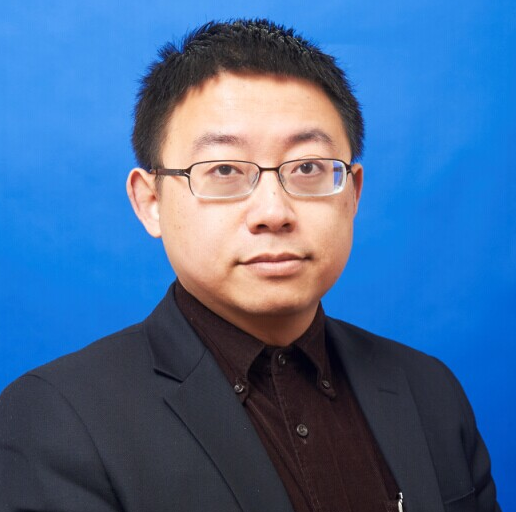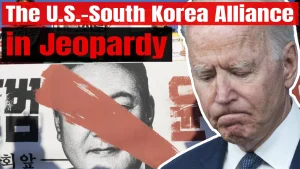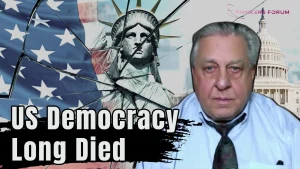Chinese Scholar on His Arrest: The US is Self-consistent
Telegram’s CEO was arrested in France for not curbing the criminal use of Telegram, including drug trafficking, child sexual content, fraud, and terrorism.
 A screenshot from Durov’s April 2024 interview with U.S. journalist Tucker Carlson.
A screenshot from Durov’s April 2024 interview with U.S. journalist Tucker Carlson.
Below are a few of my observations on this matter.
1. Cyberspace is not a lawless zone, and national security is the red line.
In the 1950s, Arnold Wolfers defined security as any objective sense, that measures the absence of threats to acquire values, in a subjective sense, the absence of fear that such values will be attacked. Western countries still adhere to this definition in practice to protect national security. When a sovereign state perceives a threat to its national security, it will take action. In such actions, the law serves as a tool to achieve national security rather than as a constraint or boundary. In other words, once an individual is deemed a threat to national security, the state will employ all necessary means to eliminate that threat.
Of course, we can debate whether such a determination of national security is overly broad or subject to abuse. Generally speaking, Western countries tend to have a relatively loose and broad approach when it comes to defining national security. However, in terms of presentation and specific actions, they are more focused on packaging, especially in coordination with the media, to construct a unified action based on a consensus on national security.
Antisemitism and terrorism, both of which carry politically correct characteristics in the Western world, are national security consensuses. Once these boundaries are crossed, a swift response is inevitable. The arrest of Pavel Durov this time is a result of his previous refusal to comply with demands from Western governments to access user data and control information on his platform. In Western countries, this logic of national security is indeed self-consistent.
2. Western countries have adopted a national security perspective characterized by significant hegemonic tendencies.
The so-called “double standards” or “multiple standards” are the manifestations of “self-centered, individually rational states” in the field of national security. The biggest issue is the extension of national security boundaries beyond geographical borders, expanding one’s own security at the expense of compressing others’ security. This results in a national security practice built on the insecurity of other nations.
In the case of Durov, the West encouraged him and his platform to oppose Russia’s national security governance while demanding compliance with the national security governance of Western countries. In this process, Foucault’s discipline or cognitive shaping is evident: resisting Russia equates to democracy; disobeying the West equates to insecurity.
This is, of course, a double standard and will likely have a boomerang effect. Initially, Western countries naively believed that the development of the internet would unconditionally benefit the expansion of their soft power and become a new tool for Western diplomacy. They aimed to stir up trouble in the non-Western world, challenging the national security of states that were not aligned with the West. As a result, Western countries crafted an almost absolute concept of internet freedom, which they disseminated widely through media, education, and knowledge systems, enforcing it with strong discipline.
Now, the boomerang has swung back to hit the West itself, creating real risks and threats to both internal governance and global expansion efforts of Western countries. As a result, these countries are naturally beginning to take actions based on their own understanding of national security.
There was no transition or gradual buildup, which is why the global community, especially those who were thoroughly disciplined and held idealistic views, are left feeling shocked and bewildered.
 Elon Musk’s comments on the arrest of Durov. | X @elonmusk
Elon Musk’s comments on the arrest of Durov. | X @elonmusk
3. Governing global cyberspace is at the core of the next round of globalized collaborative governance.
Effective governance of global cyberspace is at the forefront and the focus of global governance. This domain inherently requires effective transnational coordination, which is only possible if it is based on equal respect for all countries’ cyber sovereignty. Such governance inevitably involves the ceding of some sovereignty, but this must be done based on reciprocity, fairness, and ensuring that sovereign states feel comfortable within the process. The key to this comfort is ensuring that a nation’s sovereign rights are not compromised.
The United Nations is destined to have an opportunity to play an important role in this process, but the extent to which it can do so ultimately depends on the coordination among major powers, especially the permanent members of the UN Security Council. At present, this process is likely to face various uncertainties, disruptions, and challenges.



